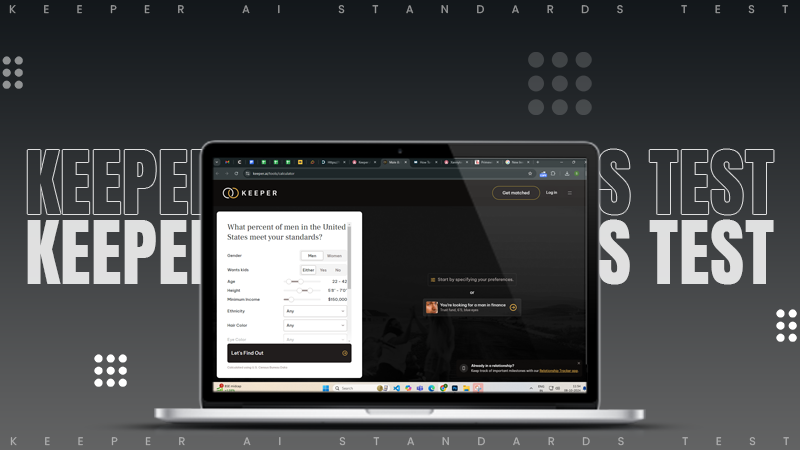5 Ways Blockchain Is Revolutionizing The Way Ahead For Businesses

Initially, blockchain was introduced as a distributed ledger to expedite Bitcoin transactions. Over time, it transforms in a way that it is innovatively poised to redefine multiple sectors. We are going to shed light on how it advances the business industry.
Now, imagine you’re running a global supply chain company, and every step of the way, you’re facing the challenge of verifying the authenticity of products, tracking shipments, and ensuring transparency. That’s where it swoops in like a superhero.
With its decentralized ledger system, you can securely record every transaction and movement of goods, from manufacturer to distributor to retailer.
Ultimately, it heightened efficiency, reduced expenses, enhanced security, and improved traceability. Combining them all contributes to the advancement of businesses.
In fact, blockchain technology is reshaping the landscape of modern businesses, offering a decentralized and secure platform for transactions and data management.
How Blockchain is Revolutionizing Businesses?
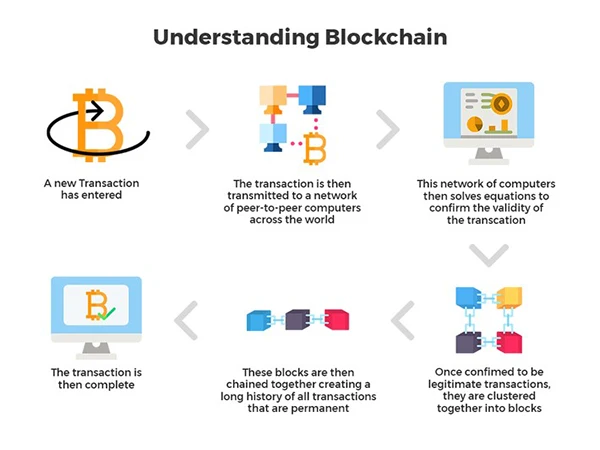
Its revolutionary impact spans across various sectors, from decentralized finance and supply chain management to healthcare and beyond. By providing immutable ledgers and transparent consensus mechanisms.
Moreover, it ensures trust and accountability, eliminating the need for intermediaries and reducing operational costs.
Smart contracts automate agreements, executing transactions only when predefined conditions are met, streamlining processes and enhancing efficiency.
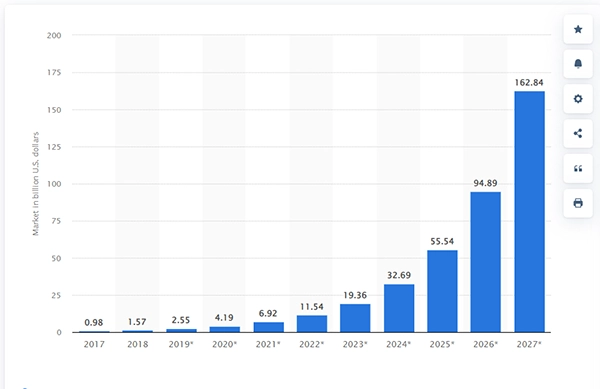
Statistics:
Surprisingly, the worldwide blockchain market is estimated to grow more than a hundred times to 163 billion U.S. dollars by 2027.
Plus, its distributed nature enhances security, protecting personal data from tampering and unauthorized access.
As businesses increasingly integrate this technology into their operations, they unlock new opportunities for innovation, collaboration, and growth, heralding a transformative era of decentralized business ecosystems.
Discover How Blockchain is Revolutionizing Businesses!
The following are a few ways that let you identify how it is predicted to significantly affect businesses shortly:
Enabling Automated Transactions:
It’s a technology that enables self-automated transactions through smart contracts, and computer programs capable of executing contract terms autonomously, eliminating the need for intermediaries.
By utilizing smart contracts, businesses can bypass regulations, reducing costs for certain banking transactions.
This innovation has revolutionized industries, transforming how businesses operate in the digital age.
Embracing it positions businesses to outperform competitors by adapting to the dynamic landscape effectively.
Helps In Combating Fraud:
Did you know, according to a survey, 40% of businesses reported data breaches, data loss, and cyber threats as their top concerns? Guess what? It can be a solution to these concerns as it serves as a potent tool in combating fraud through its multifaceted capabilities.
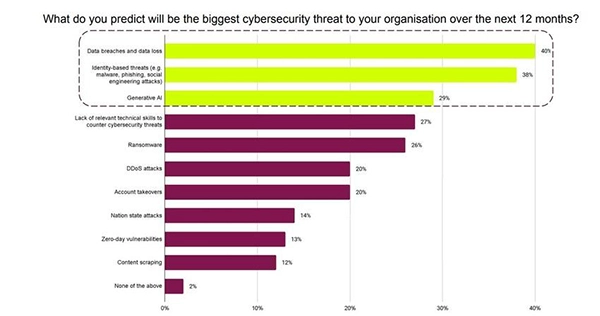
By harnessing its innate ability to facilitate autonomous consensus and direct peer-to-peer transactions, various opportunities emerge for fraud elimination.
Primarily, it enhances transactional efficiency, fosters secure payment orchestration, reduces transaction fees, and mitigates the time lag and delays inherent in supply chain operations.
Moreover, it disrupts the traditional involvement of third-party intermediaries in transactions, ushering in transparency and effectively thwarting fraudulent activities.
This transformative technology stands as a formidable ally in the ongoing battle against fraudsters.
Real-time Data Tracking:
It’s a technology that revolutionizes data tracking by providing transparent and immutable record-keeping systems. In sectors like shipping, necessary events like payment dates, dispatching, and arrivals are meticulously documented on the blockchain ledger through smart contracts.
This instant recording ensures that businesses have access to real-time, tamper-proof information, facilitating swift investigations in case of disputes or loss of goods.
Moreover, blockchain-driven data tracking streamlines administrative processes, reducing bureaucracy and associated costs.
By leveraging this tech, businesses can enhance efficiency, accountability, and trust in their operations, paving the way for smoother transactions and improved customer satisfaction.
Streamlining Cross-border Payments & Reducing Costs:
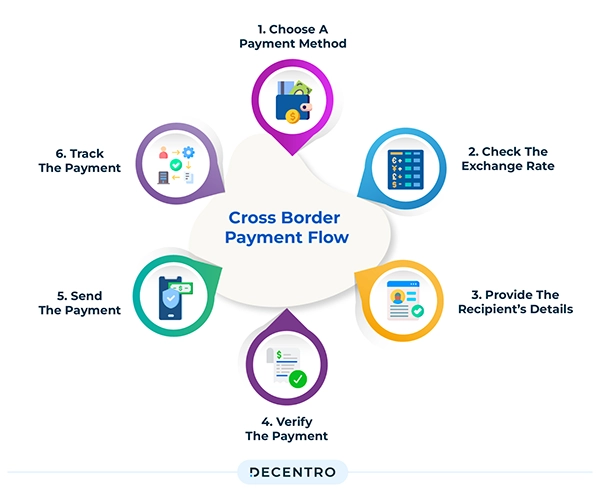
Surprisingly, this has emerged as a transformative force in streamlining cross-border payments and slashing associated costs.
Besides, as mentioned above by utilizing decentralized ledgers, it’s a technology that facilitates direct peer-to-peer transactions across borders, bypassing traditional intermediaries like banks.
Fast Fact:
As per the survey by Statista, nearly 3 out of 10 fintech companies and banks ranked cross-border payment as a pain point and making payments.
This disintermediation eliminates the need for multiple intermediaries, reducing the complexity and time required for transactions.
Also, its transparency ensures enhanced security and trust among the parties involved, mitigating the potential threats in traditional payment systems.
Even, the immutable nature of this tech ensures a permanent record of transactions, simplifying auditing and compliance processes.
In a nutshell, this technology revolutionizes cross-border payments by offering efficiency, transparency, security, and cost-effectiveness.
Emerging As A Universal Currency:
In the ever-evolving landscape of finance, the advent of this tech has sparked a revolution, giving rise to a myriad of cryptocurrencies such as Bitcoin, Ethereum, and Dogecoin.
With over 10,000 cryptocurrencies and a staggering 50 million blockchain wallet users worldwide, these digital assets are reshaping the way businesses perceive and conduct transactions.
Interesting Fact:
According to the report published recently, by 2025, the value of the global blockchain market is projected to reach $39.7 billion.
Although not yet as universally accepted as traditional fiat currencies like the American Dollar or the Euro, cryptocurrencies are steadily gaining credibility and attention from both private and public sector entities.
The potential of universal currency forms to streamline transactions on a global scale is immense.
As we move towards a future where borders blur and commerce knows no bounds, universal forms of currency hold the promise of fostering greater globalization and efficiency across industries.
It’s A Wrap!
The impact of blockchain on businesses is undeniable, heralding a new era of transparency, security, and efficiency. Through its decentralized nature, this technology has shattered traditional barriers, enabled seamless transactions, and fostered trust among participants.
Its immutable ledger ensures data integrity, mitigating fraud and enhancing accountability across industries.
Not just businesses from supply chain management to finance, healthcare to voting systems, its versatility continues to disrupt and innovate, promising a future where intermediaries are minimized, and processes are streamlined.
However, as businesses increasingly embrace blockchain technology, they position themselves at the forefront of a transformative wave, propelling towards a more interconnected and resilient global economy.


